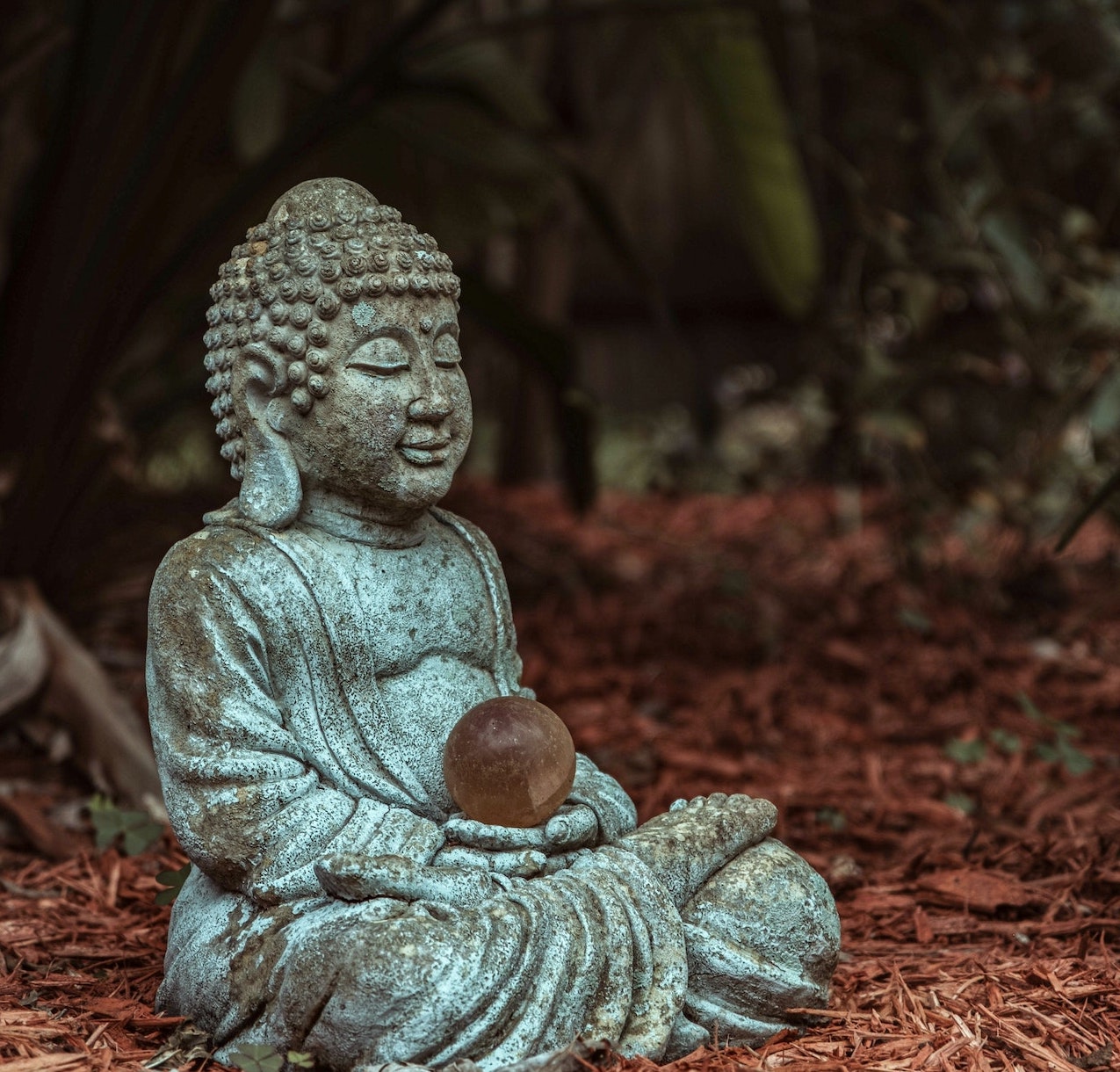Understanding the Concept of Karma: What It Is and How It Affects Your Life
Understanding the Concept of Karma: What It Is and How It Affects Your Life

Have you ever heard the phrase, "what goes around, comes around?" This simple saying is a basic explanation of the concept of karma, which has roots in Hinduism, Buddhism, Jainism, and Sikhism. Karma is a complex belief system that is often misunderstood or simplified. In this article, we'll explore what karma really means and how it affects your life.
What is Karma?
Karma is a Sanskrit word that means "action" or "deed." In its simplest form, karma is the idea that every action you take has a consequence, either in this life or in a future life. The concept of karma is closely linked to the idea of reincarnation, which is the belief that after death, your soul is reborn into another body. In Hinduism and Buddhism, the goal is to break free from the cycle of birth and rebirth and achieve enlightenment or moksha.
Types of Karma
There are three types of karma: sanchita karma, prarabdha karma, and kriyamana karma. Sanchita karma refers to the sum of all your past actions, good and bad. Prarabdha karma is the portion of your sanchita karma that is responsible for your current life circumstances. Kriyamana karma is the karma that you are currently creating through your actions in this life.
Have you ever heard the phrase, "what goes around, comes around?" This simple saying is a basic explanation of the concept of karma, which has roots in Hinduism, Buddhism, Jainism, and Sikhism. Karma is a complex belief system that is often misunderstood or simplified. In this article, we'll explore what karma really means and how it affects your life.
What is Karma?
Karma is a Sanskrit word that means "action" or "deed." In its simplest form, karma is the idea that every action you take has a consequence, either in this life or in a future life. The concept of karma is closely linked to the idea of reincarnation, which is the belief that after death, your soul is reborn into another body. In Hinduism and Buddhism, the goal is to break free from the cycle of birth and rebirth and achieve enlightenment or moksha.
Types of Karma
There are three types of karma: sanchita karma, prarabdha karma, and kriyamana karma. Sanchita karma refers to the sum of all your past actions, good and bad. Prarabdha karma is the portion of your sanchita karma that is responsible for your current life circumstances. Kriyamana karma is the karma that you are currently creating through your actions in this life.
How Karma Affects Your Life
Karma can affect your life in both positive and negative ways. If you have accumulated good karma through your past actions, you may experience good fortune and positive events in your life. Conversely, if you have accumulated bad karma, you may experience negative events or suffering. Karma is often seen as a way to explain why some people seem to have everything go right for them while others struggle.
How Karma Affects Your Life
Karma can affect your life in both positive and negative ways. If you have accumulated good karma through your past actions, you may experience good fortune and positive events in your life. Conversely, if you have accumulated bad karma, you may experience negative events or suffering. Karma is often seen as a way to explain why some people seem to have everything go right for them while others struggle.
How to Create Good Karma
Creating good karma involves performing positive actions and avoiding negative ones. Some ways to create good karma include:
-
Being kind and compassionate to others
-
Helping those in need
-
Practicing honesty and integrity
-
Being grateful for what you have
-
Showing respect and reverence for all living beings
How to Create Good Karma
Creating good karma involves performing positive actions and avoiding negative ones. Some ways to create good karma include:
-
Being kind and compassionate to others
-
Helping those in need
-
Practicing honesty and integrity
-
Being grateful for what you have
-
Showing respect and reverence for all living beings

How to Overcome Bad Karma
If you have accumulated bad karma, there are ways to overcome it. The first step is to acknowledge your past actions and take responsibility for them. Then, you can begin to make amends by performing positive actions and trying to make things right. Forgiveness is also an important part of overcoming bad karma, both forgiving others and yourself.
The Role of Intention in Karma
Intention is an important part of the concept of karma. While the outcome of an action is important, the intention behind the action is also a factor in creating karma. For example, if you donate money to a charity to make yourself look good rather than to genuinely help others, your karma may not be as positive as if you had donated with a pure intention.
Karma and Free Will
One of the criticisms of the concept of karma is that it seems to imply that we have no free will. If everything we experience is the result of past actions, then it can be easy to feel like we are just going through the motions. However, karma and free will are not mutually exclusive. While our past actions may influence our current circumstances, we still have the ability to make choices in the present that can shape our future karma.
Karma is a complex and often misunderstood concept, but it can offer valuable insights into the nature of our actions and their consequences.
How to Overcome Bad Karma
If you have accumulated bad karma, there are ways to overcome it. The first step is to acknowledge your past actions and take responsibility for them. Then, you can begin to make amends by performing positive actions and trying to make things right. Forgiveness is also an important part of overcoming bad karma, both forgiving others and yourself.
The Role of Intention in Karma
Intention is an important part of the concept of karma. While the outcome of an action is important, the intention behind the action is also a factor in creating karma. For example, if you donate money to a charity to make yourself look good rather than to genuinely help others, your karma may not be as positive as if you had donated with a pure intention.
Karma and Free Will
One of the criticisms of the concept of karma is that it seems to imply that we have no free will. If everything we experience is the result of past actions, then it can be easy to feel like we are just going through the motions. However, karma and free will are not mutually exclusive. While our past actions may influence our current circumstances, we still have the ability to make choices in the present that can shape our future karma.
Karma is a complex and often misunderstood concept, but it can offer valuable insights into the nature of our actions and their consequences.






























